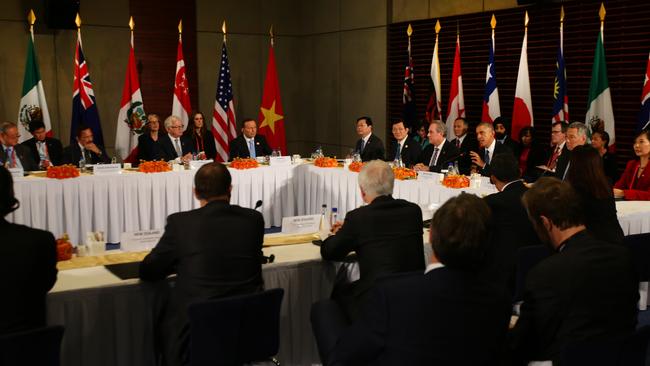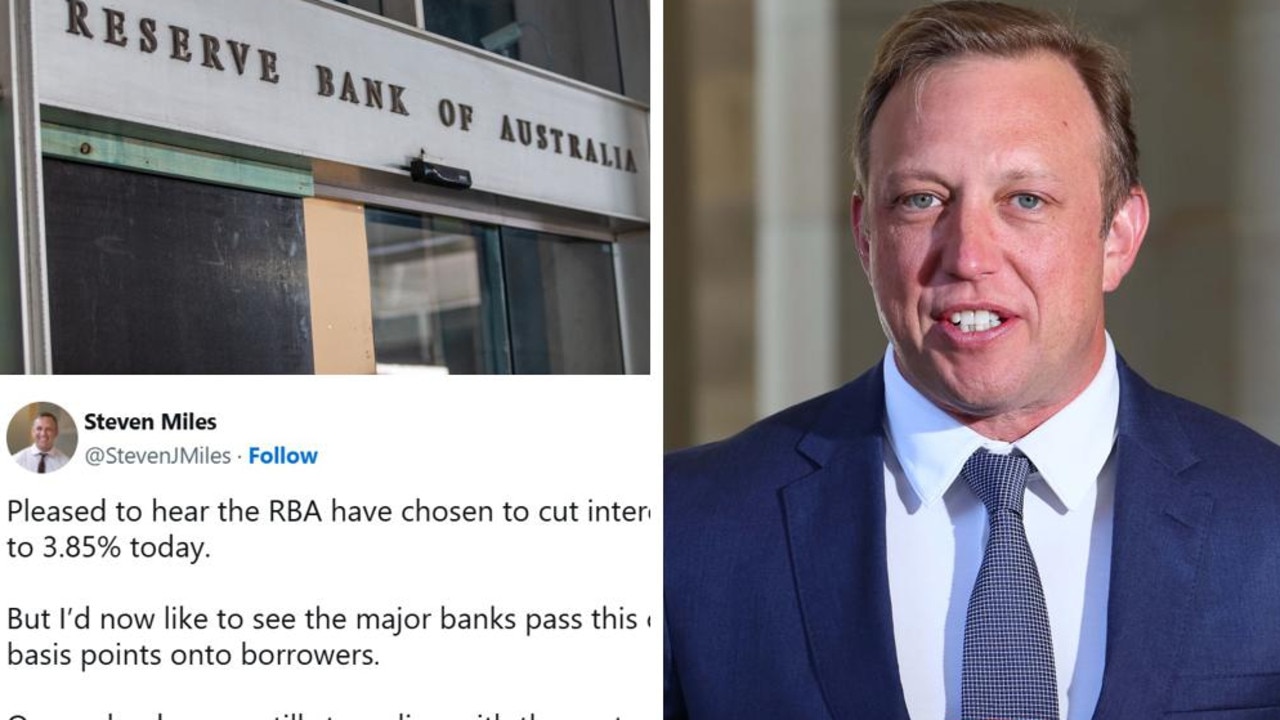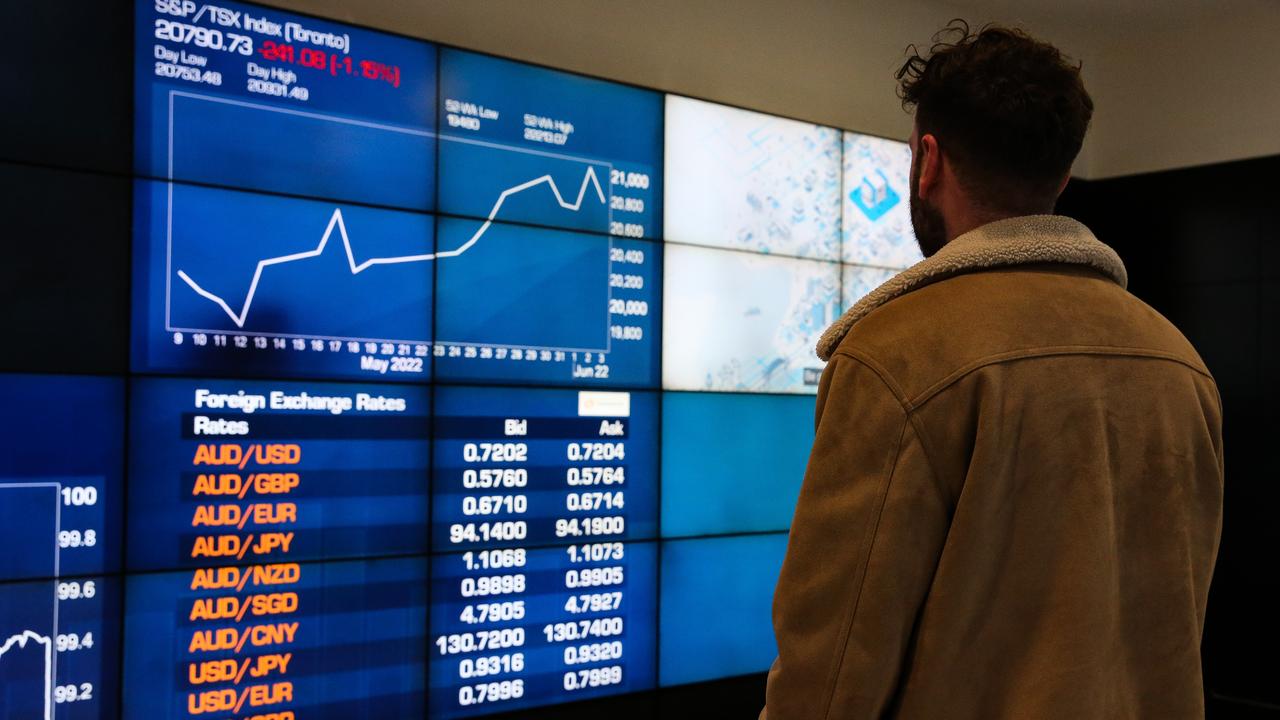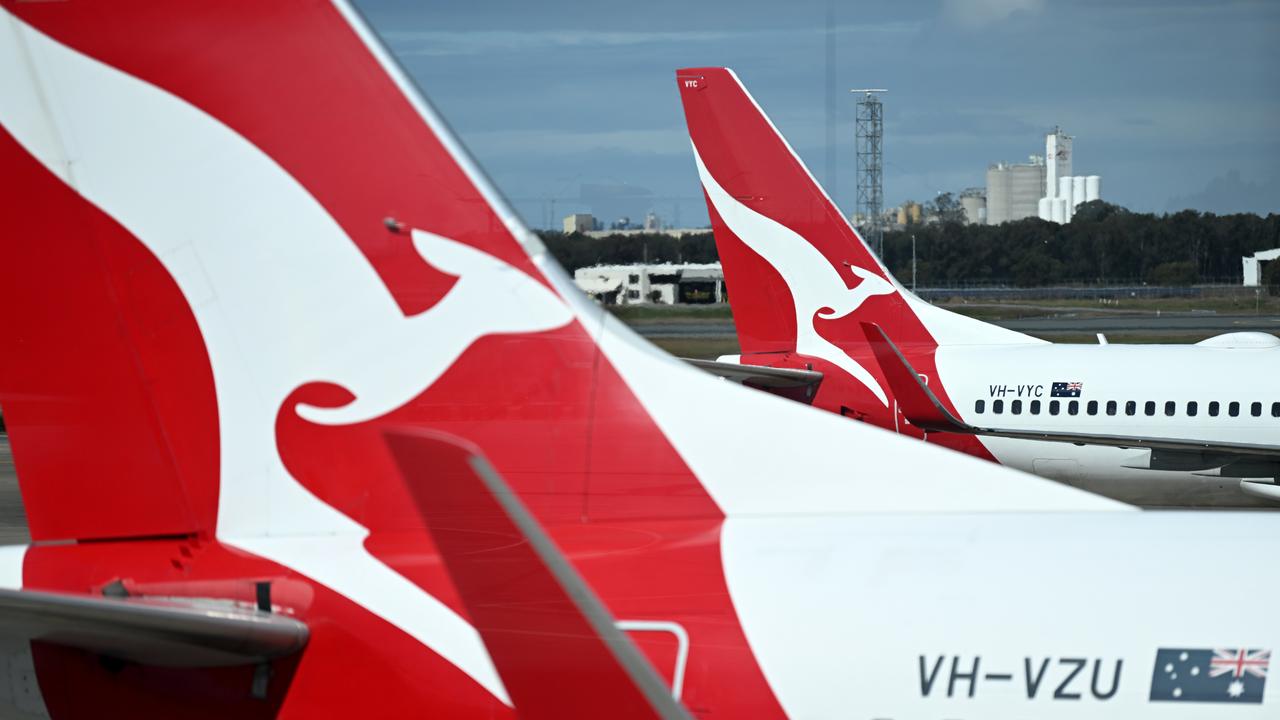Trade Minister Robb under pressure to reveal details so far of TPP 12-nation pact
IT has astronomical ramifications for the future of Australia’s economy so why can’t anyone know the details of this secret agreement?
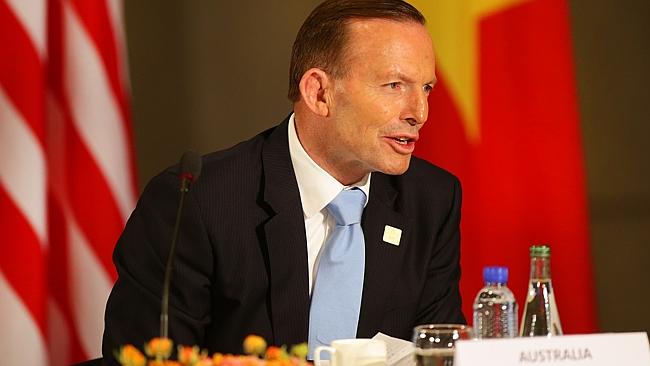
IT’S a treaty aimed at including Australia in a powerful trade bloc of 12 nations generating 40 per cent of the world’s economy — and it’s being negotiated in secret.
The proposed Trans-Pacific Partnership (TPP), which has been labelled ‘the dirtiest deal you’ve never heard of’ by Australian action group GetUp, has roused anger and apprehension on both sides of the ocean. Now governments are under pressure to open up the negotiations and reveal what has been decided over the past 10 years.
“Politicians and governments need to have enough self-confidence to be able to have a contest of ideas, rather than doing something in secret and dropping it on the table,” said Liberal Senator Bill Heffernan, who on this occasion shares the views of the Greens.
But so far the government negotiators can only reply: Trust us.
“Why would I set out to make Australians materially worse off?” said Trade Minister Andrew Robb.
However, as the negotiations move closer to completion, treaty anxiety in many countries, including Australia, is growing.
WHAT IS THE TPP?
It’s a trade agreement, first drafted in 2005, reinforcing the changes caused by increasingly globalised economies and would include Australia, Brunei, Canada, Chile, Japan, Malaysia, Mexico, New Zealand, Peru, Singapore, Vietnam, United States.
Although first proposed more than a decade ago the heavy-duty negotiations started in 2009.
The aim is to create greater uniformity of laws and rules covering labour, investment, intellectual property and to reduce or eliminate tariffs.
WHEN WILL WE KNOW ITS CONTENTS?
After Australia has signed up for it. Not before. “It’s quite complicated,” Mr Robb said in understatement on the ABC’s Radio National. But he promised, “We’re getting close.”
Once negotiations end about four months is needed to make sure all translations of the thousands of pages of the document mean the same, and for a line-by-line “legal scrub” to check for unwanted legal complications.
When that process is completed, Australia signs.
Only then will the treaty be presented to Parliament where its contents will be open to all and subject to public hearings after which the pact can be accepted or rejected by the Parliament.
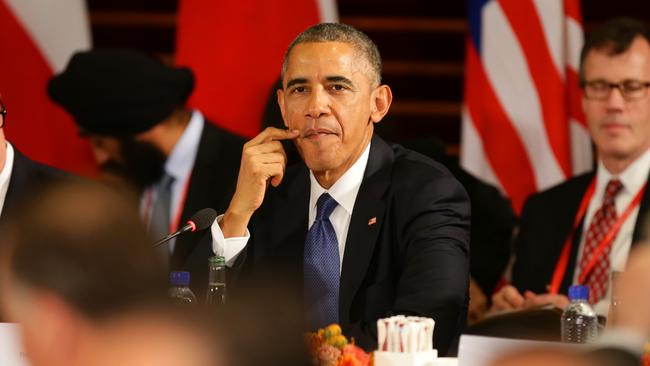
WHY THE SECRECY?
One reason from the Government is that when playing high stakes global poker around the negotiating table it isn’t good sense to show your cards in advance.
Another is the process is so dense and incremental a position could change with trade-offs and gains.
A third is that lots of non-government people are involved anyway. There have been some 135 consultations with the Australian pharmaceutical industry and 15 with the ACTU, which helped write Australia’s proposals on labour laws.
WHAT ARE THE MAJOR WORRIES?
They are remarkably similar here and in the US.
They include apprehension that changes to patent laws would make some medicines more expensive; the strength of copyright protection; that uniformity of labour laws would see wages and conditions for Australian workers reduced.
Perhaps the biggest is what is being seen as a threat to national sovereignty from a powerful Investor State Disputes Settlement (ISDS) body, which would arbitrate complaints by transnational companies against governments.
“We consider it inappropriate to elevate an individual investor or company to equal status with a nation state to privately enforce a public treaty between two sovereign countries,” said Lori Wallach, director of the US Public Citizen’s Global Trade Watch, in the New Republic magazine.
“[ISDS] gives extraordinary new privileges and powers and rights to just one interest.”
Andrew Robb argues the ISDS would protect Australia’s interests.
“We have got ISDS agreements with 28 countries that have extended back over 30 years,” he said.
“Now the sun I notice still comes up every morning despite this being the case, and yet if you read a lot of what some of these people are saying today, you’d think the world’s going to stop if we have an ISDS clause.”
